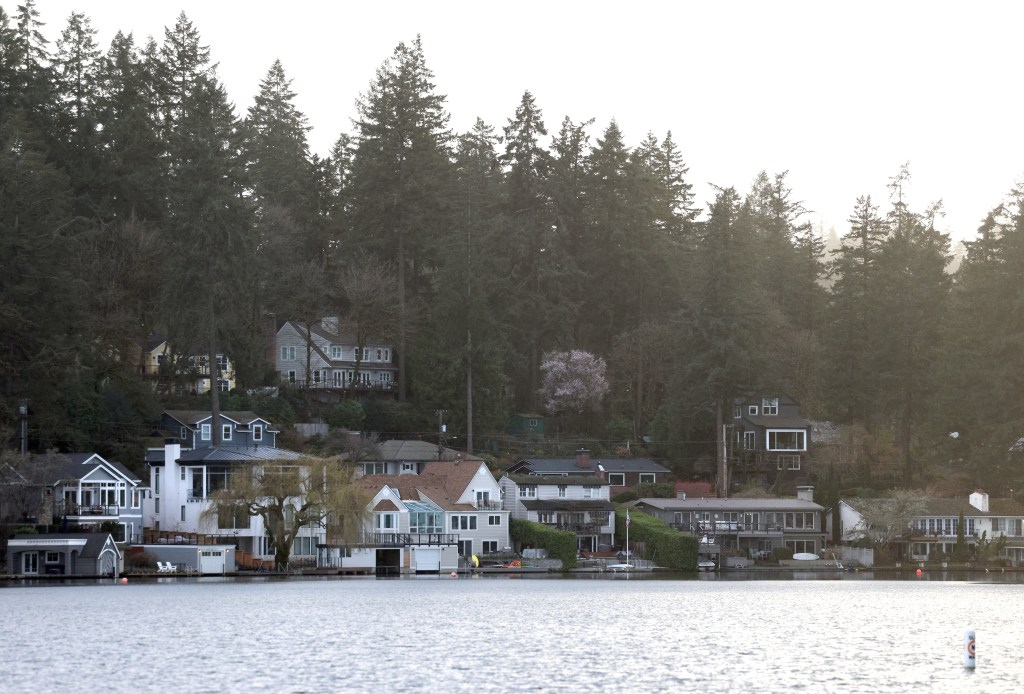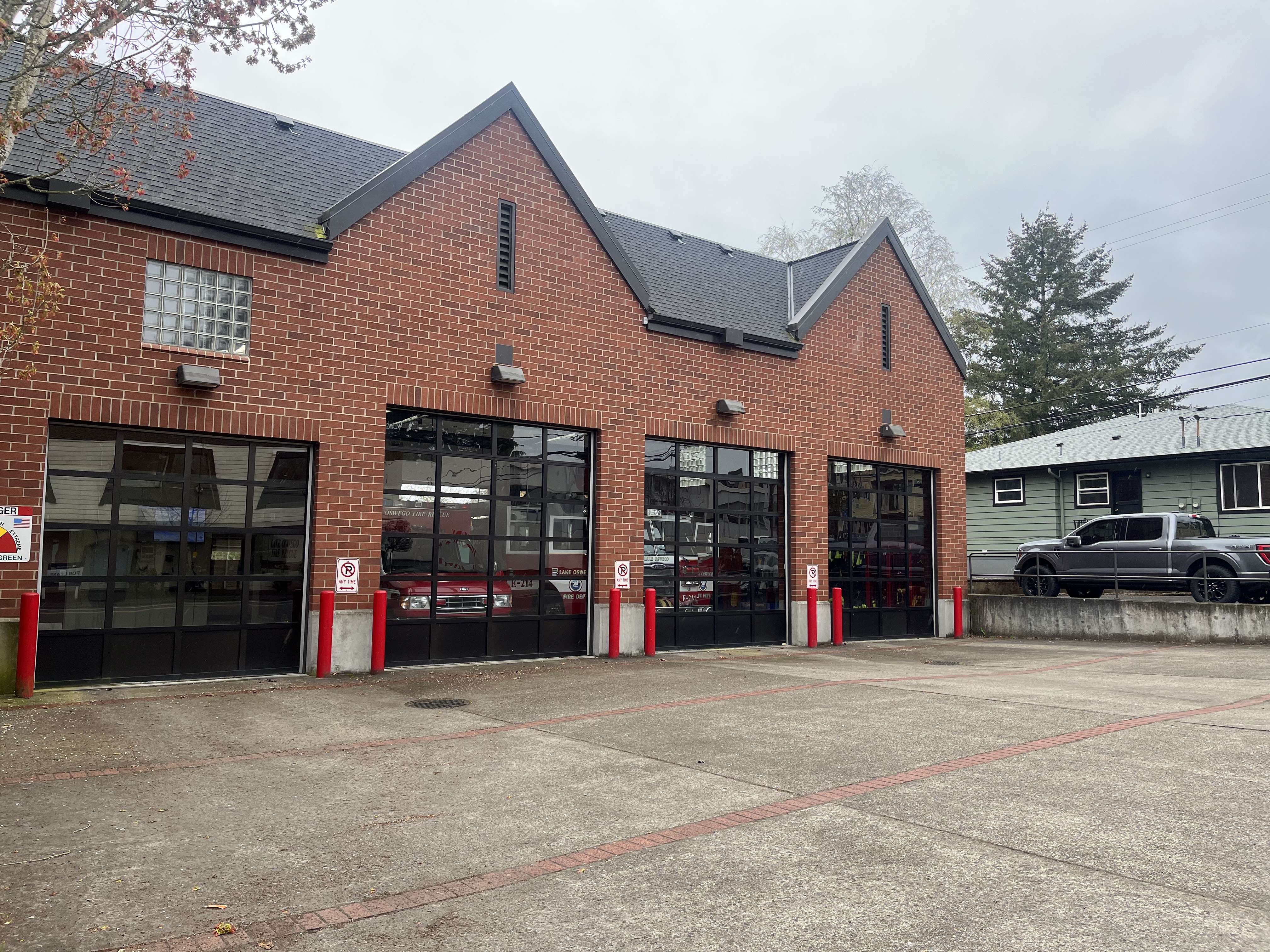Oswego Lake plaintiff threatens further litigation over July 4 access
Published 9:53 pm Tuesday, July 1, 2025

- This is a view of Oswego Lake. (Staff file photo)
A plaintiff in the case that ushered in public access to Oswego Lake from Millennium Plaza Park is threatening further litigation if the city of Lake Oswego follows through with its plan to deny public access during Fourth of July weekend.
Mark Kramer — who, along with Todd Prager, prevailed in a 2012 lawsuit against the city over rules that prevented public access to Oswego Lake from its park properties — sent a letter to the city Friday, June 27 saying that he would consider “enforcement litigation including but not limited to contempt” if the local government does not alter its plans that would prevent the public from entering the lake from the park access point during the holiday weekend. Kramer also wanted the city to provide more advanced notice in the future before deciding to limit access.
“I hope and trust that we can work together to accommodate community activities and any legitimate safety concerns while not unduly or unreasonably restricting the public’s right to reasonable access and use of Oswego Lake from Millenium Park Plaza,” Kramer wrote.
The city has worked to comply with Clackamas County Circuit Court Judge Kathie Steele’s order to remove barriers at the Millennium Plaza Park entrypoint and “private lake” signs. However, City Manager Martha Bennett told the Review last week that lake access would be closed from July 3-6 due to the public and private events over the weekend including the city’s parade and the Lake Corporation’s events, such as a waterskiing show (which is available for public viewing at Sundeleaf Plaza) and concert. She projected that 20,000 people would visit the community during the weekend and said that restrictions were for the sake of public safety.
Though it can’t outright ban public access, the city can put in place restrictions that are objectively reasonable.
“The Independence Day weekend is already an ‘all hands-on deck’ effort for City operations, prior to having Lower Millennium Plaza Park be a place to launch a paddle craft or to swim,” Bennett wrote via email last week. “Our Police, Fire, Parks, and Public Works staff work diligently throughout the weekend to ensure everything runs smoothly and protect community wellbeing.”
In his letter, Kramer rejected the idea that such events were grounds for closing the access point entirely. He said that it was reasonable for access to be limited during the events, but that it should be reinstated once those events conclude.
Regarding the Lake Corporation’s July 6 water skiing race, Kramer wrote: “I note that jetboard and other motorized water equipment activities occur regularly on the adjacent Willamette River and those activities have not caused a denial or restriction of public access even during holiday weekends. As established at trial, the City is immune from liability and therefore if swimmers or boaters enter Oswego Lake during the race and wakeboard competition, they do so at their own risk. I note from the Marine Board application, that the race is within the main body of Half Moon Bay and therefore swimmers and boaters can safely access the lake by staying within the buoyed area.”
Mayor Joe Buck and Councilor Massene Mboup defended the city’s decision to temporarily prevent access to the lake during a meeting Tuesday, July 1. Buck noted that July 4 is the local first responders’ busiest weekend of the year and that the local government has the obligation to keep people safe. He also said the council relies on the good judgment of city staff leadership.
“When the City Council rescinded the prohibition on entry from the park, it gave the city manager, parks director the ability to close the entry for reasons of public safety, construction, special events,” Buck said. “These are operational decisions at the discretion of the city manager. I think all of us here trust the city manager, parks team, public safety teams to exercise good judgment in making these decisions and balancing the needs to keep people safe and respond to emergencies with the right of public access to the lake.”





